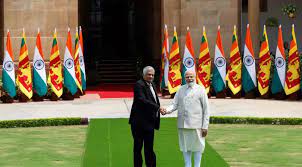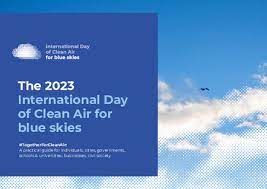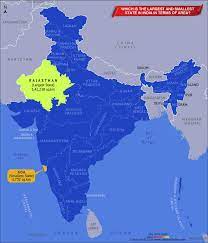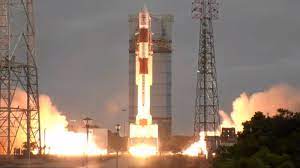
PM Modi urges Sri Lanka President to implement 13th Amendment: During the Sri Lanka President’s visit to India, Indian PM expressed his hope to implement 13th Amendment to Sri Lanka Constitution which flows from the Indo-Sri Lanka Accord 1987.
Daily Current Affairs Quiz: July 2023
Background
Since the early 1980s, Sri Lanka has been embroiled in increasingly deadly conflict. The issue dates back to the country’s independence from Britain in 1948. At the time when the Sinhala majority government came into force, passed a legislation that was deemed discriminatory against the Tamil minority population. In the 1970s, two major Tamil parties united to form the Tamil United Liberation Front (TULF) that started agitation for separate state of Tamil within the system in the North and Eastern Sri Lanka that would grant greater autonomy to them. Following the passage of the sixth amendment to the Sri Lankan Constitution in August 1983, the TULF became impotent, and ethnic differences erupted into a violent civil war.
13th Amendment to Sri Lanka Constitution
13th Amendment to Sri Lanka Constitution made after the signing of the Indo-Sri Lanka Accord between Prime Minister Rajiv Gandhi and President J R Jayewardene in 1987 in Colombo, Sri Lanka. The agreement aims to alter the constitution in order to devolve some authorities, including as agriculture and health, to the country’s nine provinces and to find a legislative solution to the civil war.
Implementation of 13th Amendment
Provinces across Sri Lanka were given greater autonomy after the amendment. The central government retains land and police powers, while elected provincial councils have the authority to act on issues like as agriculture, housing, road transport, education, and health. The hardline nationalists raise alarms over the weakening of the Central Government’s authority. The Sinhala nationalists oppose the 13th Amendment as they see it as imposed by India. The regions for whom devolution was largely intended never really benefitted from it. While the Sinhala provinces witnessed regular elections and political parties benefited from grassroots politics, the North and Eastern areas remained under the jurisdiction of the central government for a long time.





